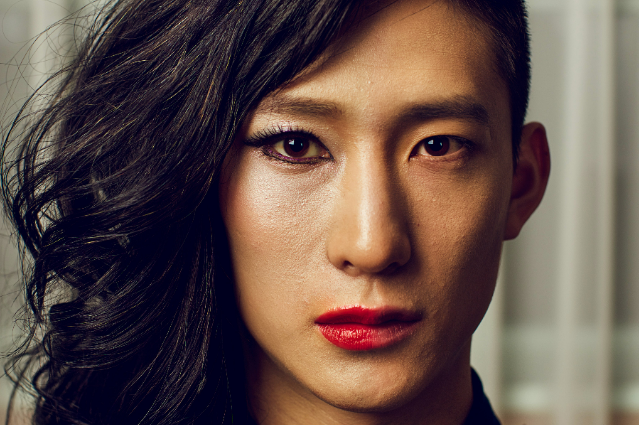
Transmen are people assigned the sex female at birth and identify as a man, most transmen go through changes such as mastectomy, and phalloplasty as part of their gender affirmation surgery based on financial affordability, acceptance from family, support from friends, health condition, and so on.
One of the main ways Transmen are victimized by patriarchy is through the erasure of their identities. In a society that continues to prioritize cisgender masculinity and the patriarchal norms that come with it, Transmen are forced to navigate a world that refuses to acknowledge their existence.
Transgender individuals have faced significant challenges in terms of media representation however, in the recent years there has been a growing awareness and acceptance of the Transgender community, and media representation has been comparatively diverse. The identity of Transwomen is more widely spread than that of Transmen because we have visible examples of Transwomen in pop cultures, like Caitlyn Jenner, Laverne Cox, Candis Cayne, and more. While Transmen receive little to no media attention, although Eliot Page a well-known actor made headlines in 2020 when he announced his transition, the ratio of representation is quite uneven.
The lack of representation and misrepresentation of Transmen in mainstream media further reinforces harmful stereotypes such as depiction of hypermasculinity, reinforcing the narrow idea that masculinity is the only valid way to express male identity. For instance, the 2022 Malayalam movie “Mike” despite its attempt to shine a light on the struggles of trans individuals, it ends up portraying trans identity as a mental illness. Throughout the movie, the protagonist Michael/Mike is referred to as having a “problem” or a “condition” that needs attention rather than as a person who wants to live a life that is true to their identity.
The erasure of Transmen’s identities is detrimental, Transmen who are forced to hide their identity or who are unable to access medical transition are at increased risk for depression, anxiety, and suicide. Additionally, they are more prone to experience discrimination and violation, particularly if they are perceived as feminine or not conforming to the traditional gender roles. Transmen who reject traditional masculinity are often seen as “less than” or not “real” men, perpetuating the notion that there is only one way to be a man. This type of thinking is not only harmful to transmen but to all men, as it limits the range of acceptable expressions of masculinity.
To tackle this erasure it is crucial that Transmen’s experiences are not only acknowledged but celebrated. They are not “women who want to be men” or “confused” or “going through a phase” and most definitely not “suffering from a mental illness”. They are individuals who have unique experiences of gender and deserve the same respect and opportunities as cisgender men.
Representation in media is a key step in tackling the erasure of Transmen’s identities. It is important that they are represented in a variety of roles, from romantic partners to superheroes, and that their experiences are not limited to their gender identity. This type of representation will not only help educate the general public but will also provide positive role models for young transmen who may be struggling to find their place in the world.
In addition to representation, it is crucial that society as a whole works to challenge patriarchal norms and expectations. This will help broaden the definition of acceptable masculinity and we can create a world where all men, including transmen, can thrive.
